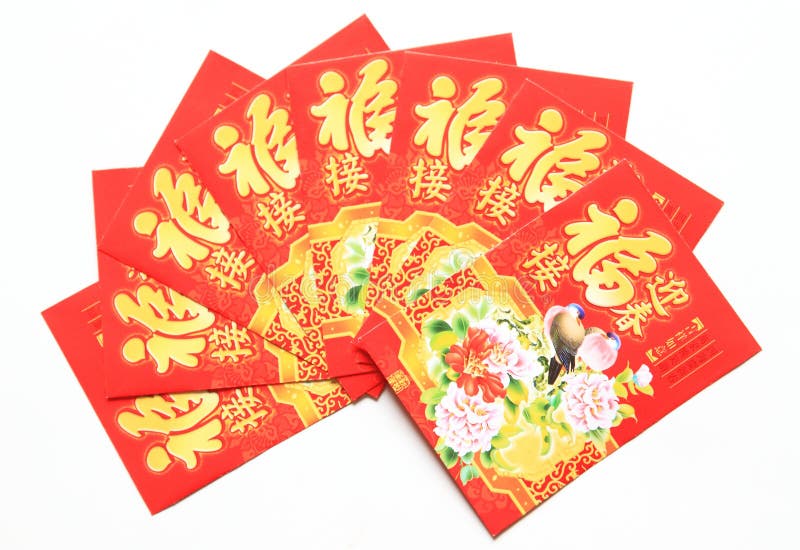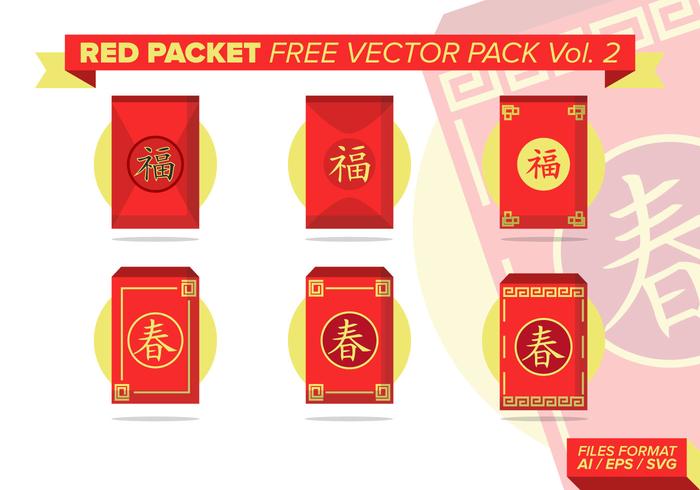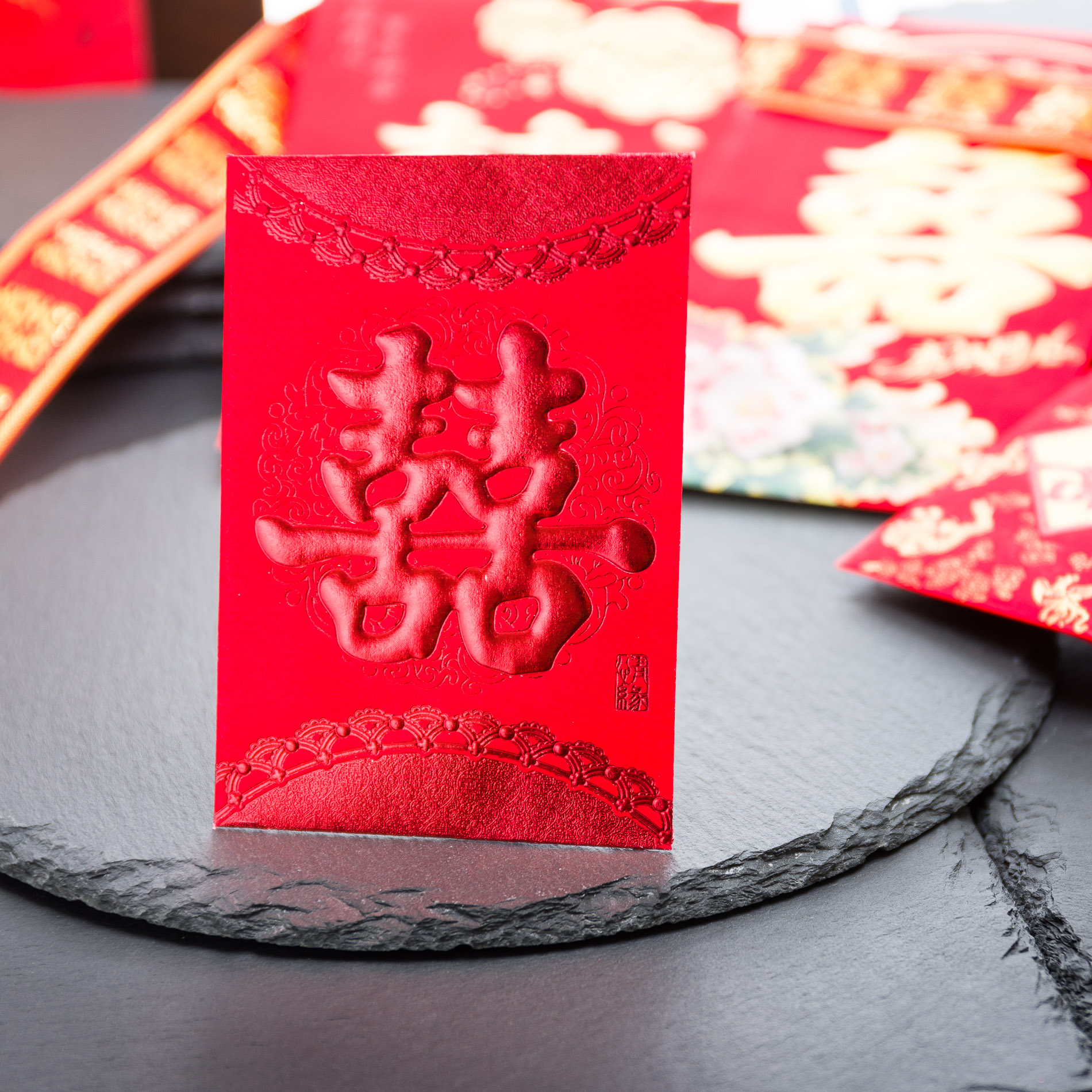

WeChat, for instance, gives users the option to make the red envelopes very personal through adding stickers and personal messages, making the digital red envelope an even more enjoyable experience.ĭoes this new development of the traditional red envelope make the tangible envelope obsolete? The companies organized large-scale actions to make users make use of their form of digital red envelopes. Weibo and Alipay also came with their version of sending red envelopes online. In the years after, the digital red envelope became more and more popular. “Digital red envelopes can cross time and place, but cannot replace the method of face-to-face contact” AliPay handed out 600 million renminbi ($93 million) worth of red envelopes as a response to WeChat’s 120 million envelopes sent out during the televised celebration of Chinese New Year. Other companies also wanted a piece of the digital red envelope cake: Weibo and AliPay combined their strengths a year after WeChat introduced its digital hongbao in order to promote their version of the digital red envelope.Ī ‘war’ then broke out between the two companies. The sum inside this envelope is randomized, adding the thrill of gambling to the practice of giving away red envelopes. A ‘group’ red envelope, with a limited number to be grabbed and a limited sum of money which can be grabbed by all users in a group if they are fast enough.

A regular red envelope that could be sent directly from one user to another.Ģ. There were two types of envelopes introduced in 2014 by Tencent, the company that owns WeChat:ġ. During the peak of the event, 800 million shakes were recorded per minute. WeChat’s inventive idea put digital red envelopes on the map in China. The amount of money that was given to users surpassed 500 million yuan ($77.5 million).
#RED PACKET FREE#
When the function launched, users worldwide could shake their phones in order to receive free red envelopes. Users could send an amount of money directly to another user, or an amount of red envelopes could be sent into a groupchat. In 2014, the popular Chinese messaging app WeChat (微信) launched a new function that allowed users to send virtual red envelopes. “Adding the thrill of gambling to the practice of giving away red envelopes”

Recently, the tradition has left behind its tangible form and entered the digital era. The amount of money inside depends on many factors. Red envelopes are used by Chinese all over the world nowadays. These red envelopes are given to each other by friends and family members to wish each other a happy new year and are always filled with an amount of money.Īs time went by and paper money and envelopes became more widespread, string and coins were replaced and the red envelope was created. Often given during Chinese New Year, the envelopes can also be given at other joyous occasions like weddings. The online game is another development in the story of the red envelopes, known in China as hongbao (红包). Whilst leveling up their cow, users get the possibility to earn digital red envelopes. Users are expected to be active on Weibo daily to raise their cow/ox, similar to the once so popular Tamagotchi. The hashtag “Lucky Cow’s New Year’s Travelogue” (# 福牛新春旅行记#) is linked to Weibo’s celebration of Chinese Spring Festival and the Year of the Ox. Through maintaining and raising their virtual cow (or ox), users can participate in this online game to win red envelopes, a well-known and beloved tradition linked to Chinese New Year. This is a collaboration between What’s on Weibo and Things That Talk (follow on Insta thingsthattalk).Įver wanted to raise a digital cow? This year, you can raise your own lucky cow (福牛) for Chinese New Year on Weibo. When objects meet social media, two websites meet as well. This is the transformation of a Chinese New Year’s tradition, reported by Koen van der Lijn and Xiaojun Zhang. The custom of giving out red paper envelopes has evolved into a world of virtual lucky money and online games.


 0 kommentar(er)
0 kommentar(er)
